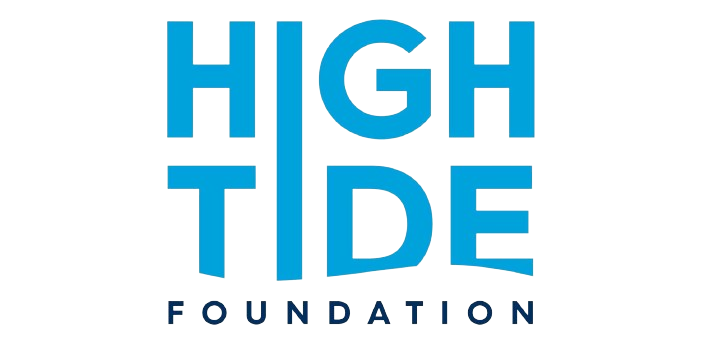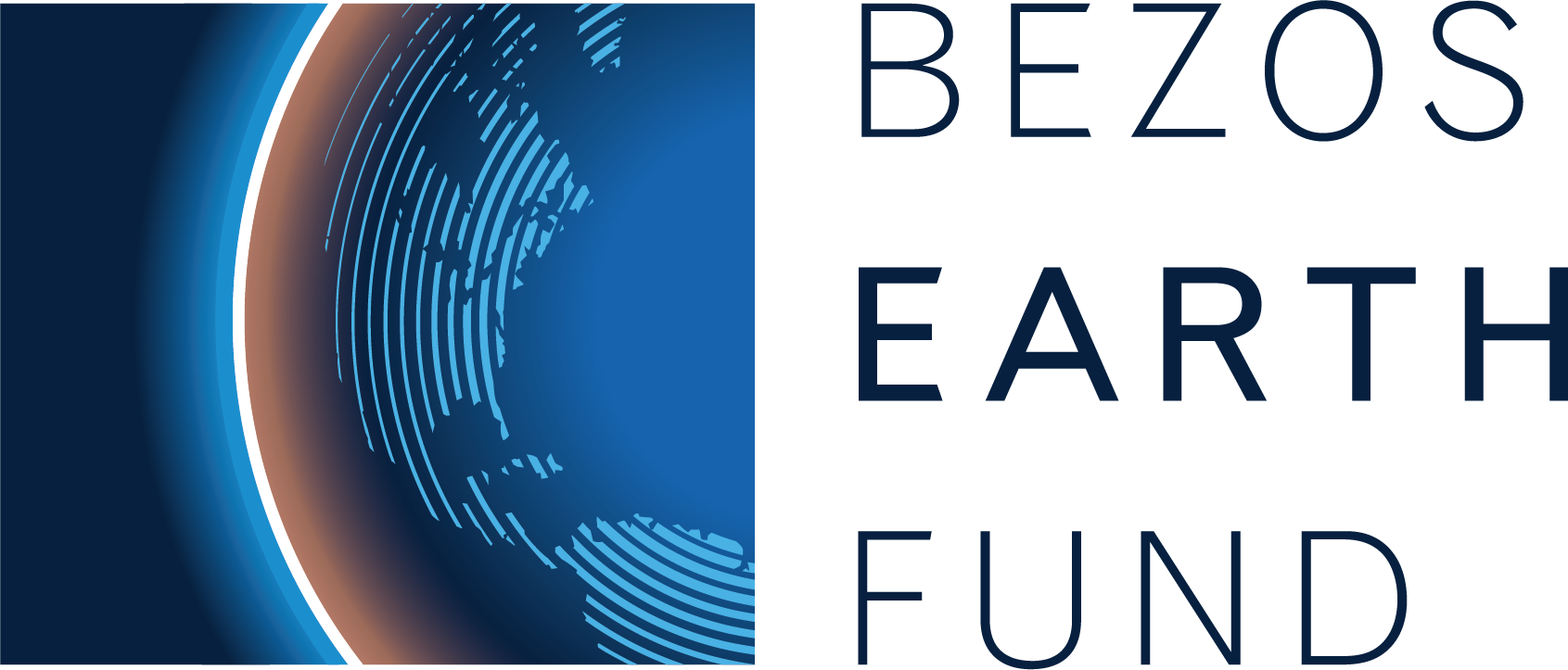Integrity Council reveals first CCP-eligible carbon-crediting programs
Written by ICVCM
Published

Announcement launches new chapter for voluntary carbon market
The Integrity Council for the Voluntary Carbon Market today launched a new chapter for the voluntary carbon market, naming the first carbon-crediting programs assessed as meeting the high-integrity criteria set out in its Core Carbon Principles (CCPs).
ACR, Climate Action Reserve (CAR) and Gold Standard have been approved as CCP-Eligible programs by the Integrity Council’s Governing Board. To achieve eligibility means the programs meet the CCP criteria for effective governance, transparency, tracking and robust independent third-party validation and verification. They have also met the program-related rules for the CCPs on robust quantification of emission reductions and removals, no double counting and sustainable development benefits and safeguards.
In due course, ACR, CAR, Gold Standard and other CCP-Eligible programs, when approved, will be eligible to use the CCP label on new and existing carbon credits that are issued under CCP-approved methodologies. In combination, the Integrity Council’s assessments of carbon-crediting programs and methodologies aim to define what a high-integrity carbon credit looks like.
In parallel, the Integrity Council is progressing with the next batch of programs – the majority of programs applied at the end of 2023. Board consideration of VCS (Verra) and ART program assessments are expected in April or at the latest in May. Social Carbon and Isometric are also expected in that timeframe. In line with its commitment to transparency, the Integrity Council is regularly updating its website with the progress of assessments. Large programs, like VCS, require a large volume of information to be reviewed before they can be considered by the Board. The Integrity Council is committed to keeping up the pace, working through this as fast as possible. Carbon-crediting programs that have not applied are still able and encouraged to do so.
The Integrity Council multistakeholder assessment process has now started work on Jurisdictional REDD and REDD+ methodologies. Work on the category that includes cookstoves will commence this month. The first set of multistakeholder assessment meetings that started in February (covering forest management, agriculture, and renewable energy, among other things) have now wrapped up and write-up by the ICVCM is the next step for those assessments.
As CCP-Eligible programs, ACR, CAR and Gold Standard are now subject to the ongoing assurance and oversight functions of the Integrity Council, to ensure continued adherence to the CCP rules.
The Integrity Council is separately assessing more than 100 methodologies – the rules that carbon-crediting programs set for designing and implementing different types of projects. Announcements on the first methodologies are expected in April and May. The Integrity Council will make fresh announcements after each month’s Board meeting. By the end of September, it anticipates having largely completed assessment of methodologies covering more than half of the issued volume in the market, including Jurisdictional REDD, efficient cookstoves and new methodologies such as biochar, that are expected to rapidly gain market share.
CCP-labelled credits will appear on the market once the Integrity Council approves methodologies used by CCP-eligible programs. The volume of CCP-labelled credits is anticipated to grow steadily over 2024.
Annette Nazareth, Integrity Council Chair, said: “We are delighted to announce the first results of our assessments and congratulate ACR, CAR and Gold Standard on meeting our rigorous criteria. We also are looking forward to the next batch of programs being considered for approval very soon.
“We are launching a new chapter for the voluntary carbon market: the CCPs set a global benchmark for high-integrity, building trust, increasing standardisation and making it easy for buyers to identify high-integrity carbon credits. This will help mobilise private capital at scale for projects to reduce and remove billions of tonnes of emissions that would not otherwise be viable and will channel investment to the Global South.”
Programs have made a number of changes to comply with the CCP criteria. For example, Gold Standard announced that it will update its registry to comply with the CCP requirements, a condition of the program’s CCP approval. When carbon credits are retired, they will need to provide information on the purpose of retirement and the entity on whose behalf they are retired. This change is designed to enhance accountability within the VCM.
Amy Merrill, Integrity Council Interim COO, said: “The Governing Board has approved the first programs as CCP-Eligible and completion of other program assessments is anticipated with Board consideration of those expected in April. We are really excited at the start of this next stage of our work at the ICVCM and are grateful for all the intense work over the last year of our independent experts and Governing Board members. We look forward to more program decisions and the first Category decisions in the next few months.
The discussions and analysis in our multistakeholder assessment process meetings for Categories of carbon credits are demonstrating the widely shared commitment of the market to this robust process and the value of this collaborative and structured way of assessing categories of carbon credits in the market. We are aware of market expectations and the urgency of introducing the CCP label to the market. However, it is critical to restoring trust in the VCM that we take the time needed to get this right. The methodologies we are assessing are complex, and consistency and care are essential.
Full details of the assessment decisions and updates about the progress of ongoing assessments are available on the Integrity Council’s website here for programs and here for each category of methodology.
Mary Grady, Executive Director, ACR, said: “ACR has innovated and operationalized key elements of carbon credit quality assurance, including scientific peer-reviewed accounting methodologies and well-accepted approaches to address additionality, leakage, and reversal risk mitigation; oversight of independent third-party verification; and operation of a transparent registry for the issuance and tracking of credits.
“So, we deeply appreciate this recognition of the rigor of our program, and we will continue to engage constructively with ICVCM to defend best practices in a world that is demanding not only carbon market integrity, but also inclusivity and urgency. ACR’s mission is to create confidence in the integrity of carbon markets; to that end, ICVCM offers an important way to harmonize standards around a global benchmark of quality.”
Craig Ebert, President, CAR, said: “The Climate Action Reserve continues to be fully supportive of collaborative actions from our global community to ensure integrity and high quality in the VCM and encourage growth of the market and voluntary climate action. All of these are imperative and reflective of the Reserve’s work since our founding.
“While working through the Integrity Council’s comprehensive process for determining eligibility under the Core Carbon Principles (CCPs), we have been appreciative of the focus on effective governance, transparency, tracking and robust third-party verification. We are honored to be recognized as meeting those standards by being approved as CCP-eligible, and we remain committed to working with members of the VCM community to continue down this important path of growing a high integrity, high quality market.”
Margaret Kim, CEO, Gold Standard, said: “Gold Standard is delighted that our program is now CCP-eligible following the Integrity Council for the Voluntary Carbon Market’s assessment. We thank the Integrity Council for the collaborative way they approached this process and are delighted that we’ve been judged to comply with the CCP threshold.
“Building the integrity of the carbon market so it can deliver real impact where it is needed most is vital, and the CCPs represent an important step on this journey. As a pioneer of the inclusion of sustainable development and safeguarding in carbon crediting, we will continue to demonstrate integrity and innovate with our partners to deliver a just transition towards global net zero, maximising sustainable development for the communities we serve.”
The Integrity Council has grouped more than 100 methodologies into 29 categories for assessment. The majority of categories raise complex issues in specific areas and are being assessed by expert Multi-Stakeholder Working Groups (MSWGs).
- The first three MSWGs considering Improved Forestry Management (MSWG 1), Sustainable Agriculture, Rice Cultivation Methane Avoidance, Nutrition/Nitrogen Management, Buffer Practices, Afforestation Reforestation and Revegetation (MSWG 2), and Grid-Connected Renewable Energy, Mini-Grids, Renewable Energy (MSWG 3) have concluded their work and these categories of credits are expected to come to the Board for decision in the coming months.
- MSWG 4 considering REDD+ (Reducing Emissions from Deforestation and Forest Degradation) and Jurisdictional REDD methodologies is now underway.
- MSWG 5 considering clean cookstoves and household biodigesters is intended to begin in late April
- MSWG, intended to begin in May .will consider a number of issues in sequence, including biochar, tech-based CCS, industrial biodigesters and other clusters of methodologies that require more specialised review.
The Integrity Council’s approach to creating a high-integrity voluntary carbon market is modelled on that of a financial regulator. Its Core Carbon Principles and CCP Rulebook are the result of extensive consultation and set the rules of the market. It is assessing carbon-crediting programs and their methodologies to ensure they meet those rules: CCP-Eligible programs are allowed to use the high-integrity CCP label on carbon credits that use CCP-Approved methodologies.
The now CCP-Eligible Programs will be subject to the Integrity Council’s assurance and oversight functions to ensure programs follow its high-integrity rules and properly monitor CCP labelling of carbon credits. It will audit programs, make spot checks and respond to complaints. If it finds material failings it will, after following due process and in a transparent manner, be able to suspend or terminate the eligibility of the program or methodology.
The Integrity Council intends to improve and strengthen its Assessment Framework over time, based on experience, the latest science and technology, and new developments in the market. It has set up a series of expert Continuous Improvement Work Programmes which will study complex areas where it intends to raise ambition further in the next version of the CCP rules.
The Market Consultation Group will be hosting an open webinar for market practitioners at 15.30-16.30 BST on April 9th. The meeting will cover how assessment decisions will be communicated to the market. Attendees can join the webinar via this link on the day.





